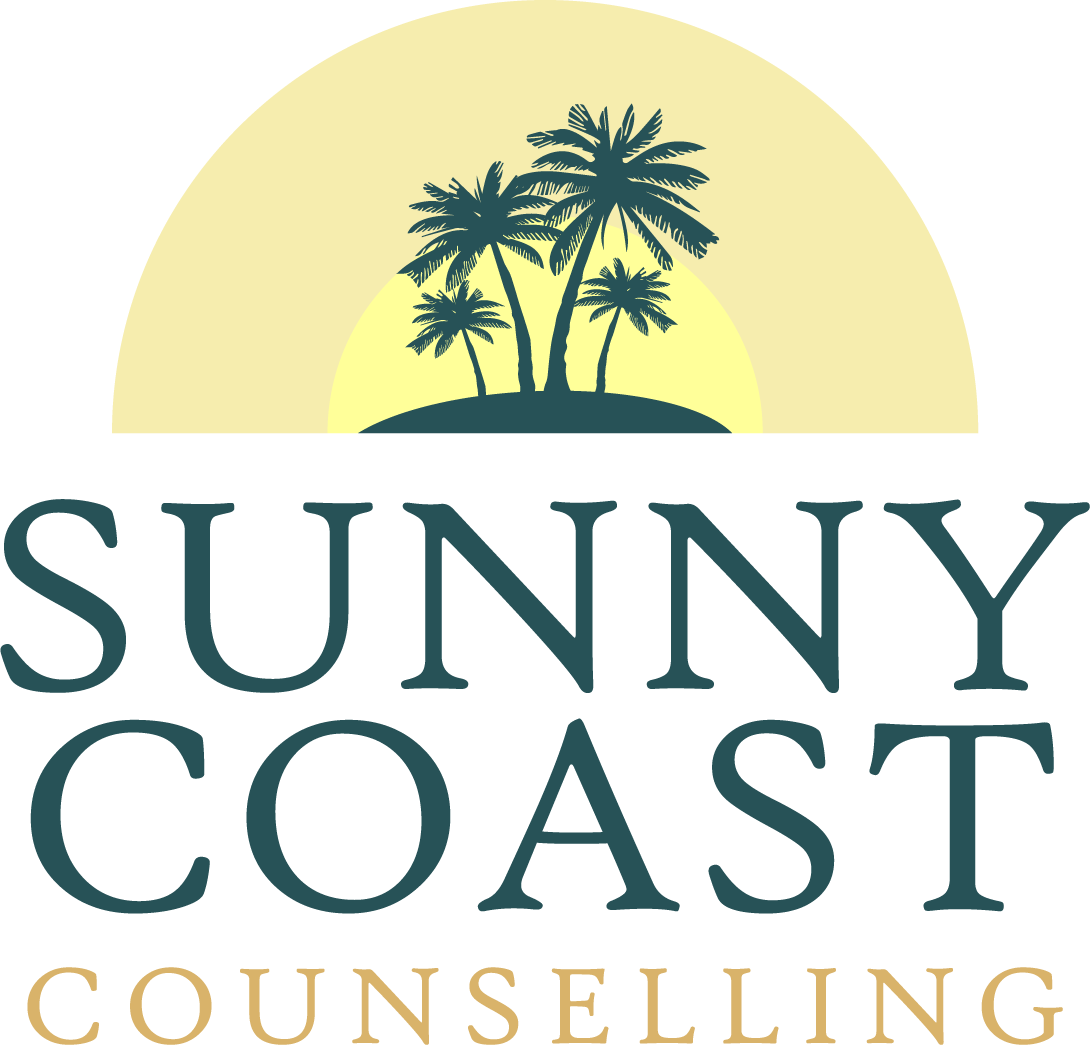If your workplace offers an Employee Assistance Program (EAP), you’ve got access to free, confidential support. But many people wonder: “When should I actually use it?”
The truth is — you don’t need to wait until things feel unmanageable. Your EAP is there for you whenever life feels a bit too heavy, stressful, or confusing.
Reasons You Might Call Your EAP
You can reach out for any issue that’s on your mind, whether it’s about work or your personal life. Some common reasons include:
- Feeling stressed, anxious, or burnt out
- Trouble with sleep or concentration
- Conflict or tension at work
- Relationship or family struggles
- Grief, loss, or big life changes
- Concerns about alcohol, gambling, or habits
- Financial or legal worries
Remember — no problem is “too small” to bring up. If it matters to you, it matters.
Why People Don’t Call (But Could)
It’s normal to think things like:
- “Other people have bigger problems than me.”
- “I should be able to handle this myself.”
- “My boss might find out.”
Here’s the truth:
- Your challenges are valid — whatever they look like.
- Asking for help shows strength, not weakness.
- Your EAP is completely confidential. Your employer won’t know you’ve called.
What Happens When You Call
When you reach out, you’ll be connected with a trained professional who will:
- Listen without judgement
- Talk through what’s going on for you
- Offer practical strategies and support
- Connect you with extra resources if you need them
Most EAPs provide short-term counselling and can also refer you to longer-term support if that’s helpful.
The Bottom Line
Think of your EAP as a safety net — it’s there to catch you whenever you need it. You don’t need to wait for a crisis, and you don’t have to struggle alone.
If you’re wondering whether to call, that’s usually a sign you should.
Reaching out is the first step toward feeling better.
If you’d like to know more about our Employee Assistant Programs (EAP) contact John Belchamber today.

